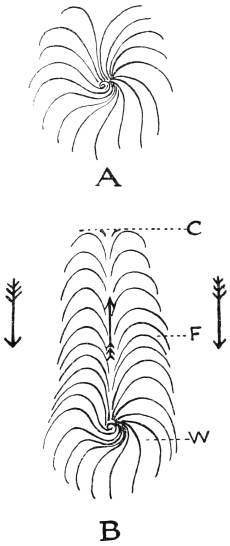The Evolution of Pete Wentz Emo: From Punk Roots to Mainstream Influence
#### Description:The world of music has seen numerous genres evolve and transform over the decades, but few have had as significant an impact as Pete Wentz……
#### Description:
The world of music has seen numerous genres evolve and transform over the decades, but few have had as significant an impact as Pete Wentz Emo. As the bassist and lyricist for the iconic band Fall Out Boy, Wentz played a pivotal role in popularizing emo music in the early 2000s. This article delves into the origins, characteristics, and cultural significance of Pete Wentz Emo, exploring how it shaped the music landscape and influenced a generation.
Emo, short for "emotional hardcore," originated in the mid-1980s as a subgenre of punk rock. It was characterized by its expressive lyrics and a focus on emotional experiences. However, it wasn't until the late 1990s and early 2000s that emo music began to gain mainstream popularity. With bands like My Chemical Romance, Dashboard Confessional, and, of course, Fall Out Boy at the forefront, emo became synonymous with a particular aesthetic and cultural movement.

At the heart of this movement was Pete Wentz Emo. Wentz's persona—marked by his distinctive style, emotional lyrics, and unabashed vulnerability—resonated with fans who felt isolated or misunderstood. His lyrics often touched on themes of heartbreak, identity, and self-discovery, making them relatable to a wide audience. Songs like "Sugar, We're Goin Down" and "Thnks fr th Mmrs" not only showcased Wentz's lyrical prowess but also solidified Fall Out Boy's place in the emo pantheon.
The visual representation of Pete Wentz Emo was equally significant. Wentz's fashion choices, characterized by skinny jeans, graphic tees, and an array of accessories, became a template for emo fashion. His signature hairstyle—dark, choppy bangs—further cemented his status as an emo icon. This aesthetic was not merely about appearance; it was a form of self-expression that allowed fans to connect with the music on a deeper level.
As emo music gained traction, so did its associated culture. Emo fans often found solace in the community that formed around the genre. Concerts became safe spaces for individuals to express their emotions freely, fostering a sense of belonging. The rise of social media platforms in the early 2000s further amplified this community, allowing fans to share their experiences and connect with others who shared their passion for Pete Wentz Emo.

However, the mainstream success of emo also led to criticism. Some purists argued that the genre had become commercialized, straying from its punk roots. Despite this, Wentz and Fall Out Boy continued to evolve their sound, incorporating elements from pop, rock, and even hip-hop, thereby broadening the genre's appeal while still maintaining its emotional core.
In recent years, the legacy of Pete Wentz Emo has continued to influence new artists and genres. The resurgence of interest in 2000s nostalgia has led to a revival of emo aesthetics and sounds, with bands like Waterparks and Lil Huddy drawing inspiration from the era. Wentz himself has embraced this resurgence, often reflecting on his journey and the impact of emo music in interviews and social media.
In conclusion, Pete Wentz Emo is more than just a musical genre; it is a cultural phenomenon that has left an indelible mark on the music industry and the hearts of fans worldwide. Through his artistry and authenticity, Wentz has not only defined an era but also created a lasting legacy that continues to inspire and resonate with new generations. As we reflect on the evolution of emo, it is clear that Pete Wentz Emo will forever hold a special place in the narrative of modern music.
